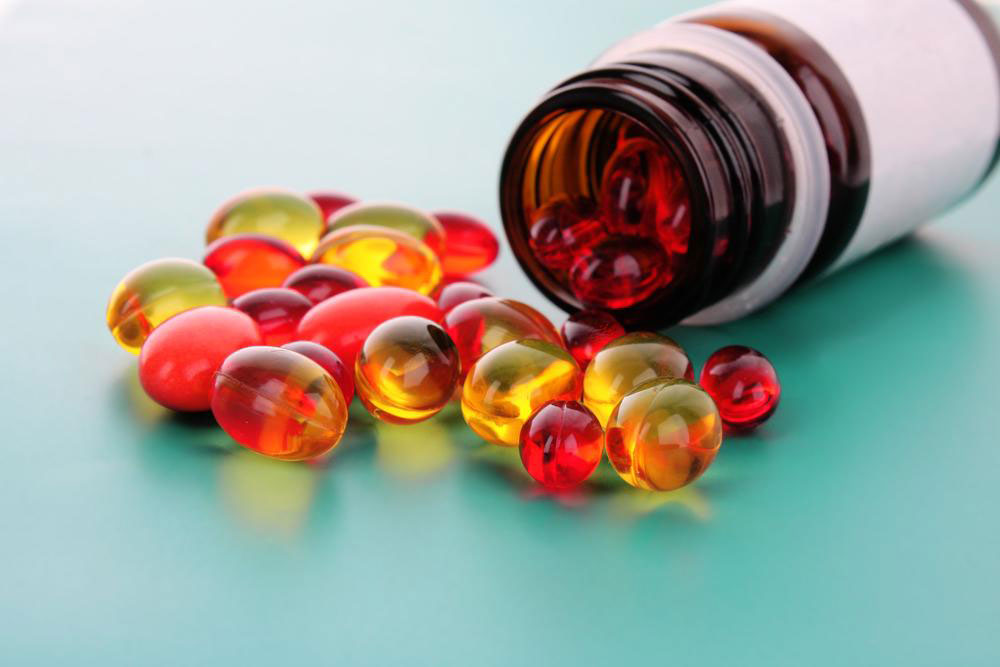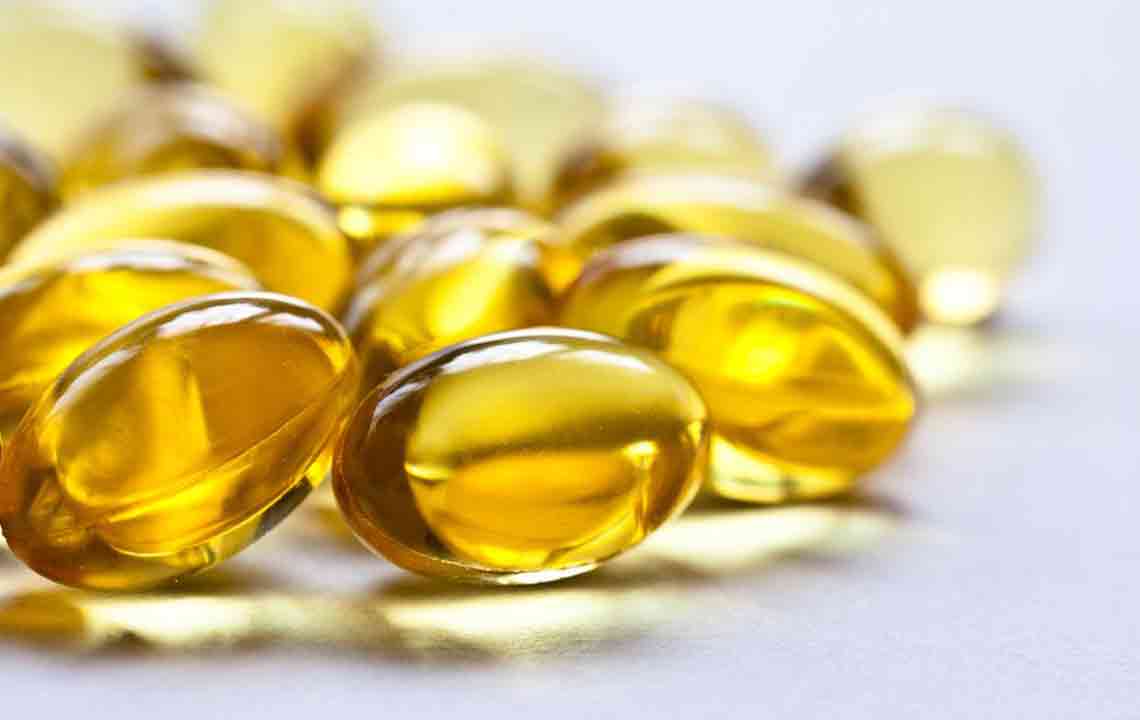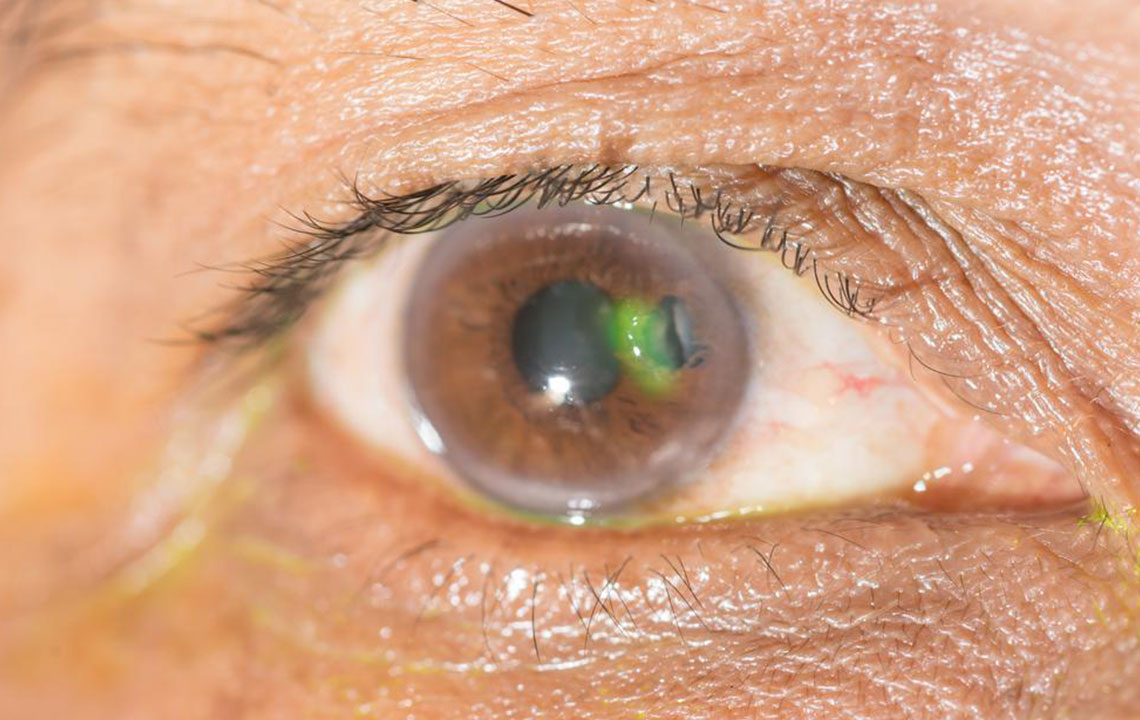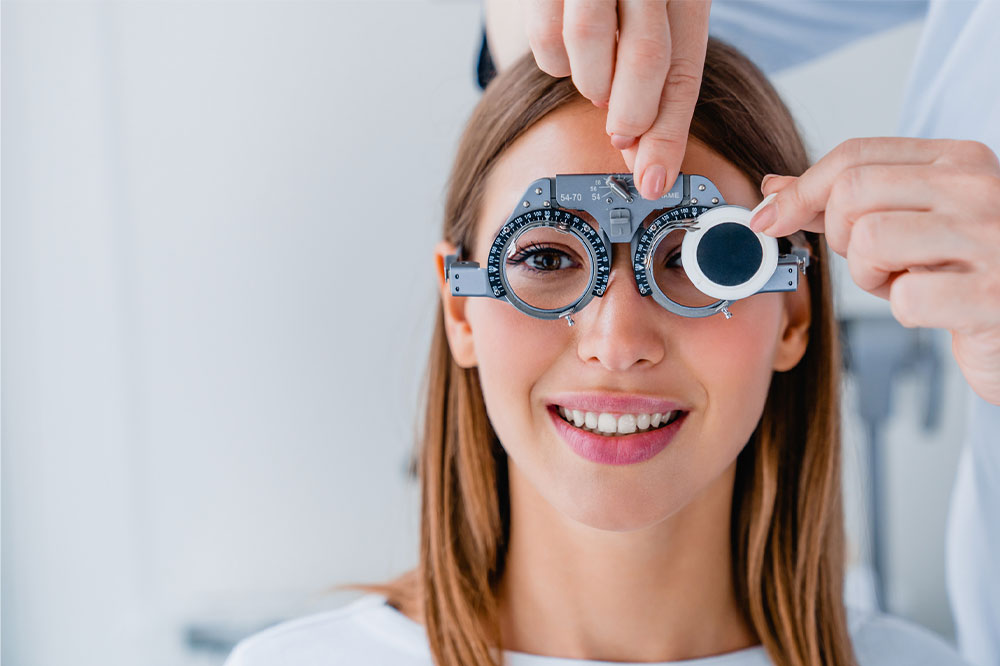Essential Vitamins for Optimal Eye Health
Learn about essential vitamins and nutrients that support eye health and help prevent age-related eye conditions. This guide covers key vitamins like E, A, C, B-complex, and omega-3 fatty acids, highlighting their benefits and dietary sources for maintaining clear vision and protecting against common eye diseases.
Sponsored

Essential Vitamins for Maintaining Eye Health
As people age, particularly after 50, eye health can decline, with conditions such as diabetic retinopathy, glaucoma, cataracts, and age-related macular degeneration becoming common. Nutrition plays a crucial role in preserving vision, and certain vitamins are especially beneficial. Incorporating key eye-supporting nutrients into your diet can help prevent or delay these issues. Here’s a guide to the top vitamins and nutrients that promote healthy eyes and protect against age-related eye diseases.
Vitamin E
Vitamin E functions as a powerful antioxidant, safeguarding eye cells from damage caused by free radicals. Adequate intake of vitamin E-rich foods may reduce the risk of cataracts linked to aging. Good sources include avocados, salmon, leafy greens, seeds, nuts, and cooking oils.
Vitamin A
Deficiency in vitamin A can lead to night blindness and dry eyes, potentially progressing to more severe conditions like corneal softening and blindness. It is vital for producing rhodopsin, a protein necessary for low-light vision, and for protecting against various eye disorders. Nutrient-rich options are pumpkins, sweet potatoes, bell peppers, and green vegetables.
B Vitamins (B12, B9, B6)
This group of B vitamins works together to lower homocysteine levels, a protein associated with inflammation and increased risk of age-related macular degeneration (AMD). Ensuring sufficient B vitamin intake supports overall eye health.
Vitamin C
As a robust antioxidant, vitamin C protects eye structures like the sclera and cornea by aiding collagen formation. Studies suggest it may reduce the risk of developing cataracts, which cause cloudy vision. Sources include broccoli, bell peppers, tropical fruits, and kale.
Niacin (Vitamin B3)
Niacin helps convert food into energy and acts as an antioxidant. It may play a role in preventing glaucoma by supporting optic nerve health. Foods rich in niacin include mushrooms, beef, peanuts, legumes, fish, and poultry.
Omega-3 Fatty Acids
Omega-3s are vital for maintaining healthy eye cells and have anti-inflammatory effects that can help prevent diabetic retinopathy and alleviate dry eye symptoms. Incorporate fatty fish, flaxseeds, chia seeds, nuts, soy, and cooking oils like olive oil for optimal intake.
Riboflavin (Vitamin B2)
Riboflavin reduces oxidative stress and may decrease cataract risk. While evidence is ongoing, including riboflavin-rich foods like yogurt, milk, oats, fortified cereals, and beef may support eye health.
Other compounds such as zeaxanthin, lutein, and thiamine also contribute to good vision. Consulting a healthcare professional before starting supplements is recommended for personalized advice.






